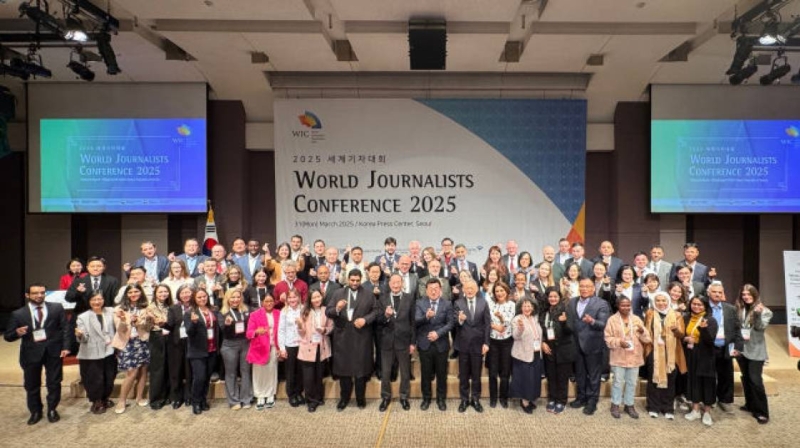G8 summit likely to cancel Africa’s debt
G8 summit likely to cancel Africa’s debt
Published: 12:00 am Jul 08, 2005
Agence France Presse
Gleneagles, July 8:
The heads of the world’s eight most powerful nations were to meet with leaders of African countries here on Friday to frame a deal for development aid, at a summit where the terror attacks in distant London cast a long and dark shadow. Rounding off a three-day meeting, heads of state or government from Britain, Canada, France, Germany, Italy, Japan, Russia and the United States were expected to conclude a long-awaited deal on aid and debt relief for Africa and on tackling climate change. They were meeting with the leaders of Algeria, Ethiopia, Ghana, Nigeria, Senegal, South Africa and Tanzania, representing the continent whose plight has dominated this year’s G8 agenda. Also on hand were the heads of the African Union Commission, International Monetary Fund (IMF), United Nations and the World Bank. Aid activists and environmentalists, though, feared that Africa and climate change would suffer if leaders once again turned their policies and resources to fighting terrorism.
Prior to the attacks, diplomatic sources voiced skepticism that much headway would be made on the centrepiece of the Blair anti-poverty plan — a proposal to provide Africa with an extra $50 billion in aid a year by 2010.
The United States has said its goal is to increase its own aid to Africa from $4.3 billion this year to $8.6 billion by 2010. But President George W Bush and his fellow conservatives have made clear their view that more development assistance is not necessarily what Africa needs most. They say instead that aid should be targeted and reserved for those countries which agree to implement market-oriented economic reform, a demand that activists say will leave many Africans worse off. Hopes were higher for action on debt cancellation, with the summit expected to endorse a proposal — already accepted by G8 finance ministers — to write off $40 billion in debt owed by 18 poor countries to international institutions. No headway was likely on trade concessions, the third pillar of the Blair plan. The other import issue on the agenda, climate control remains a more tricky one to solve, as Bush has vowed never to ratify the UN Kyoto Protocol, which requires industrialised countries to trim their output of these gases by a 2008-2012 timetable compared with a 1990 benchmark.
The US leader says the targets would be ruinously costly for the oil-dependent US economy and unfair because fast-growing populous countries such as China and India are not part of the targeted emissions cuts. The compromise communique, said Chirac, has only a couple of references to Kyoto. But he said it would acknowledge climate change as “a reality” and say “we have to act immediately” to combat the problem. “We have noticed a shift in the American position,” said Chirac, who described this as “a major step towards an improvement.”





